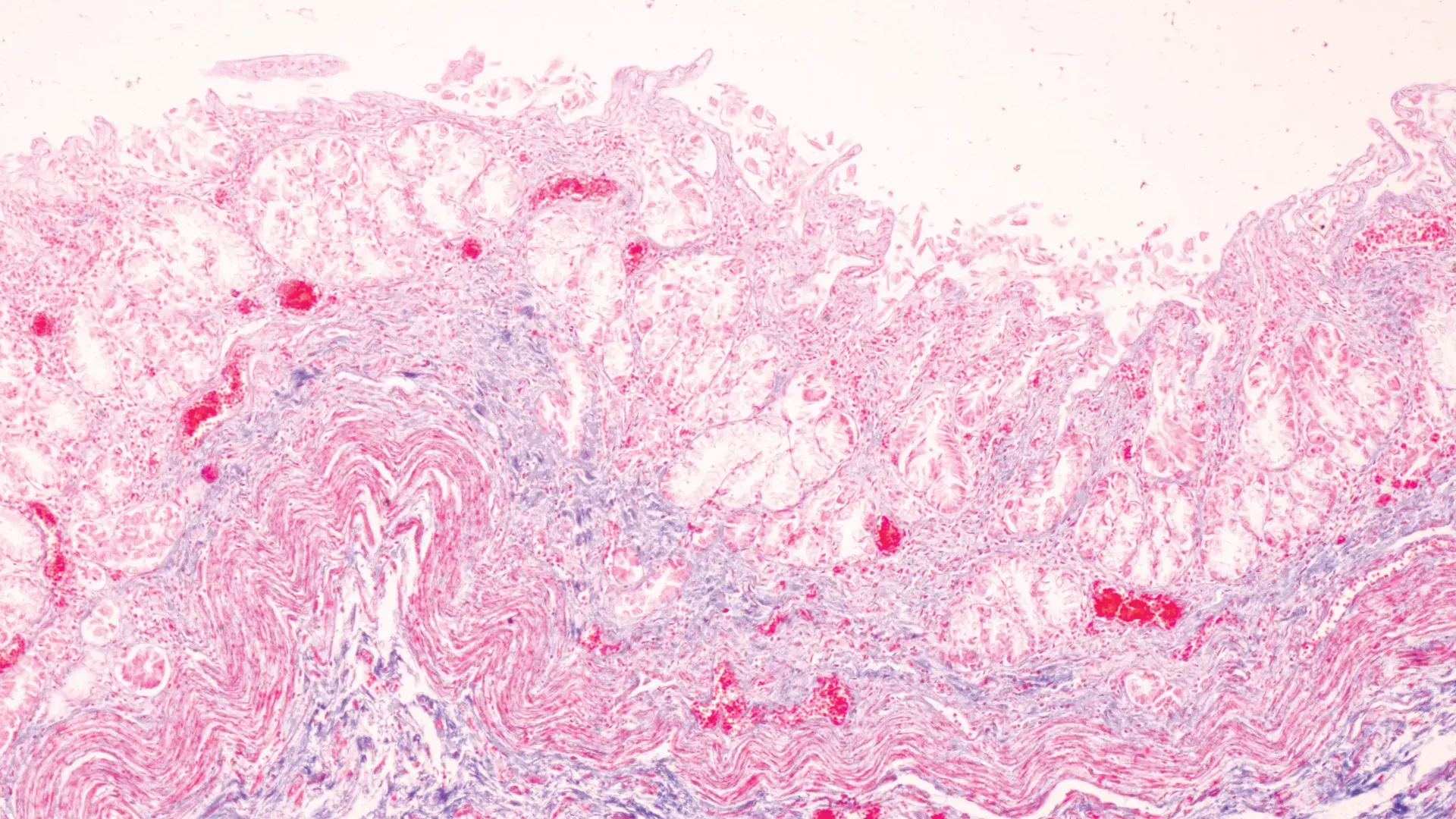4 Questions on NAD/NADH Testing Answered
Unlocking the Secrets of Cellular Energy

As with ADHD, there is a relationship between autism spectrum disorders (ASDs) and gluten intolerance. Researchers have observed a greater risk of ASDs in children whose mothers have celiac disease. Furthermore, compared to controls, individuals with ASDs and their relatives have a greater prevalence of impaired intestinal permeability. Patients with ASDs on a gluten- and casein-free diet have a healthier gut barrier compared to patients not on the diet. Other studies of gluten- and casein-free diets in ASD patients yielded similar results. A subgroup of autistic patients are also known to produce antibodies against gliadin peptides. It is thought that the sensitivity to gluten in this population may be linked to the development and/or worsening of ASD symptoms. Consequently, I order a celiac antibody panel for all of my ADHD and ASD patients.
Beyond gluten sensitivity, ASDs are associated with other food allergies and intolerances. Both ASDs and allergic responses to food have a similar mechanism of action. Mast cells, innate lymphoid cells, and Th2 cells are activated during allergic responses. These cells synthesize type-2 cytokines (IL-4 and IL-13), which trigger the microglia and macrophages to use a phenotype known as M2A. M2A-polarized macrophages and microglia are important in tissue repair through the release of growth factors such as brain-derived neurotrophic factor (BDNF) and insulin-like growth factor-1. Likewise, in ASD, there occurs increased type-2 cytokines, microglia activation, M2A polarization, and a rise in growth factor levels. In neurons, these growth factors lead to activation of the enzyme mammalian Target of Rapamycin (mTOR), which blocks autophagy and prevents the removal of redundant synapses in the central nervous system. According to one group of researchers, “It is therefore conceivable that allergy contributes to the prevalence and severity of ASD via an increased release of growth factors in the brain.”
When visiting with my patients about the potential impact of gluten on their physical and mental wellbeing, I will often show them the simple results of a Google search of: Gluten Psychosis. The top results include a couple of peer-reviewed articles on the potential impact of gluten on behavior.
References:
1.J Pediatr Gastroenterol Nutr. 2010 Oct;51(4):418-24.
2. Nutr Neurosci. 2002 Sep;5(4):251-61.
3. Nutr Neurosci. 2010 Apr;13(2):87-100.
4. Nutr Neurosci. 2004 Jun;7(3):151-61.
5. Psychiatr Q. 2012 Mar;83(1):91-102.
6. Autism Res. 2015 Oct;8(5):567-74.
7. Pharmaceuticals (Basel). 2017 Dec 9;10(4). pii: E95.
8. Brain Behav Immun. 2017 Jan;59:273-87.
9. Neuropsychobiology. 2002;46(2):76-84.

Unlocking the Secrets of Cellular Energy

Short chain fatty acids (SCFAs) are organic acids produced by bacterial fermentation of dietary fibre and resistant starch. Enterocytes and...

Zonulin has emerged as a popular marker to assess the integrity of the intestinal mucosal barrier. Discovered by Dr Alessio Fasano, Zonulin...